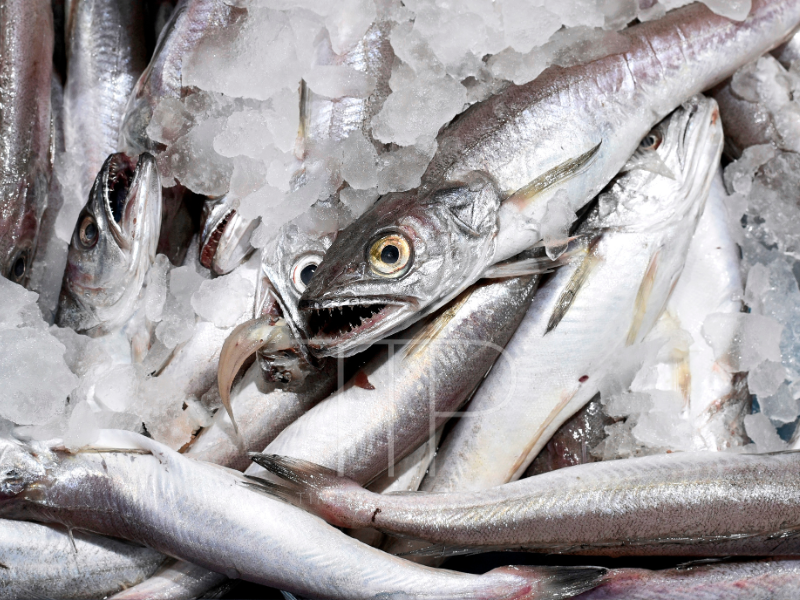The president of the Cold Food Industry Association (Alif) reports delays in the arrival of raw materials at Portuguese fish processing plants, particularly hake, but assures that there is no reason to panic.
The tension in the Red Sea, triggered by the Houthi attacks and which has led many shipping companies to stop using the Suez Canal to reach the Mediterranean on routes between Asia and Europe, is beginning to have an impact on the arrival of raw materials to fish processing plants in Portugal, with varieties such as hake.
“There are starting to be delays in raw material deliveries, because there are containers waiting due to the change in routes,” says the president of the Cold Food Industry Association (Alif), Manuel Tarré, speaking to Negócios from South Africa, whose main port, Cape Town, he says, “is quite congested at the moment”.
As a result, in general terms, the lack of ships has “already had an impact” on deliveries of raw materials to fish processing plants in Portugal, which currently have low stocks of hake, mainly from South Africa, New Zealand and Namibia, with fishing “not as good as expected” also contributing, he explains. The lack of transportation is also hampering the arrival of other varieties of fish, such as cuttlefish or squid from India.
Manuel Tarré admits that the scenario is “complicated” and notes that “there are already increases in costs”. “There’s no panic,” he says, confident that “things will settle down”.
Alif, founded in 1975, represents the fish freezing industry, as well as the vegetable industry and pre-cooked and frozen foods, as well as cold stores.

